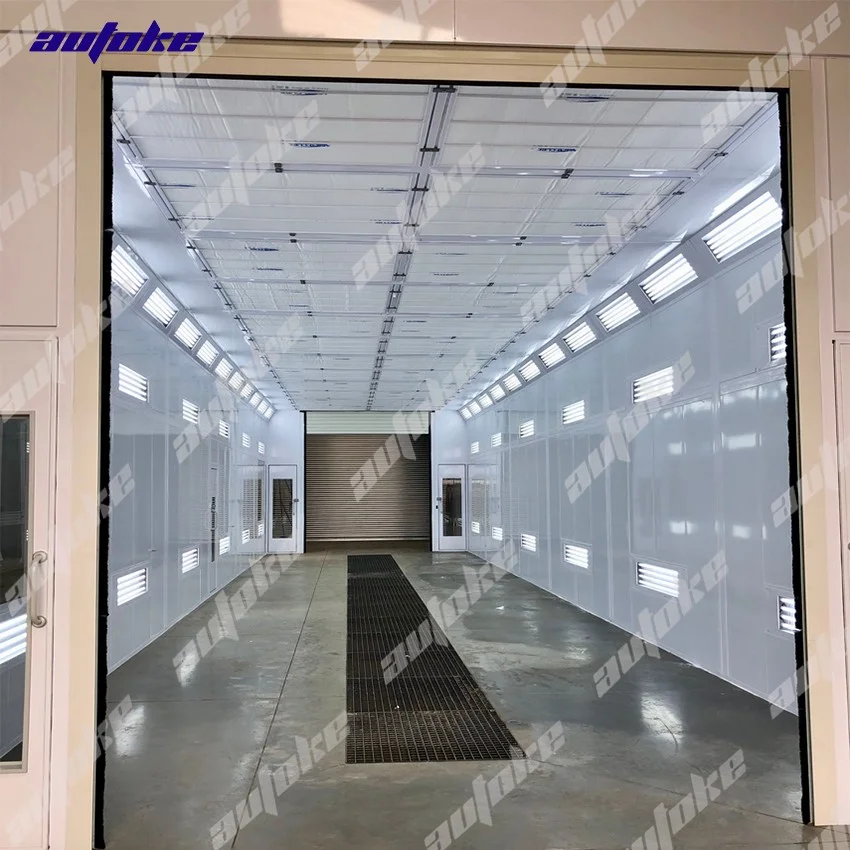In today's technologically advanced world, Closed-Circuit Television (CCTV) cameras have become an integral part of our lives, ensuring security and surveillance in various settings. However, a common question arises: Can a CCTV camera operate without an internet connection? In this blog post, we will delve into the intricacies of CCTV camera functionality, exploring the possibilities and limitations of its operation without internet access.
- Understanding the Basics of CCTV Cameras:
To comprehend the feasibility of CCTV cameras functioning without internet, it is crucial to grasp their fundamental workings. CCTV cameras capture video footage and transmit it to a designated location for monitoring and recording purposes. Traditionally, these systems relied on wired connections for transmission, but advancements have introduced wireless options. - Wired CCTV Cameras: Independent of Internet Connectivity:
Wired CCTV cameras, also known as analog cameras, operate independently of internet connectivity. These cameras utilize coaxial cables to transmit video signals directly to a Digital Video Recorder (DVR) or monitor. The absence of internet requirements makes them suitable for areas with limited or no internet access, such as remote locations or closed networks. - Wireless CCTV Cameras: Internet Dependency for Remote Access:
Wireless CCTV cameras, on the other hand, often require an internet connection for remote access and monitoring. These cameras use Wi-Fi or cellular networks to transmit video data to a central storage device or cloud-based platform. While internet connectivity is essential for remote viewing, it is not always mandatory for their basic functionality. - Local Network Connectivity: A Viable Alternative:
In scenarios where internet access is unavailable, but local network connectivity exists, CCTV cameras can still function effectively. By setting up a Local Area Network (LAN) or using Network Video Recorders (NVRs), cameras can transmit video data within the network, allowing for real-time monitoring and recording without internet dependency. - Offline Storage and Local Monitoring:
CCTV cameras without internet connectivity can still serve their primary purpose of surveillance by utilizing offline storage options. DVRs or NVRs can store video footage locally on hard drives or other storage devices. Additionally, local monitoring through dedicated monitors or mobile devices within the network ensures real-time surveillance without relying on the internet.
Conclusion:
In conclusion, the functionality of CCTV cameras without internet access depends on the type of camera and the available infrastructure. While wired cameras can operate independently, wireless cameras often require internet connectivity for remote access. However, local network connectivity and offline storage options provide viable alternatives in situations where internet access is limited or unavailable. Understanding these nuances enables us to make informed decisions when implementing CCTV systems in various settings, ensuring effective surveillance regardless of internet availability.




